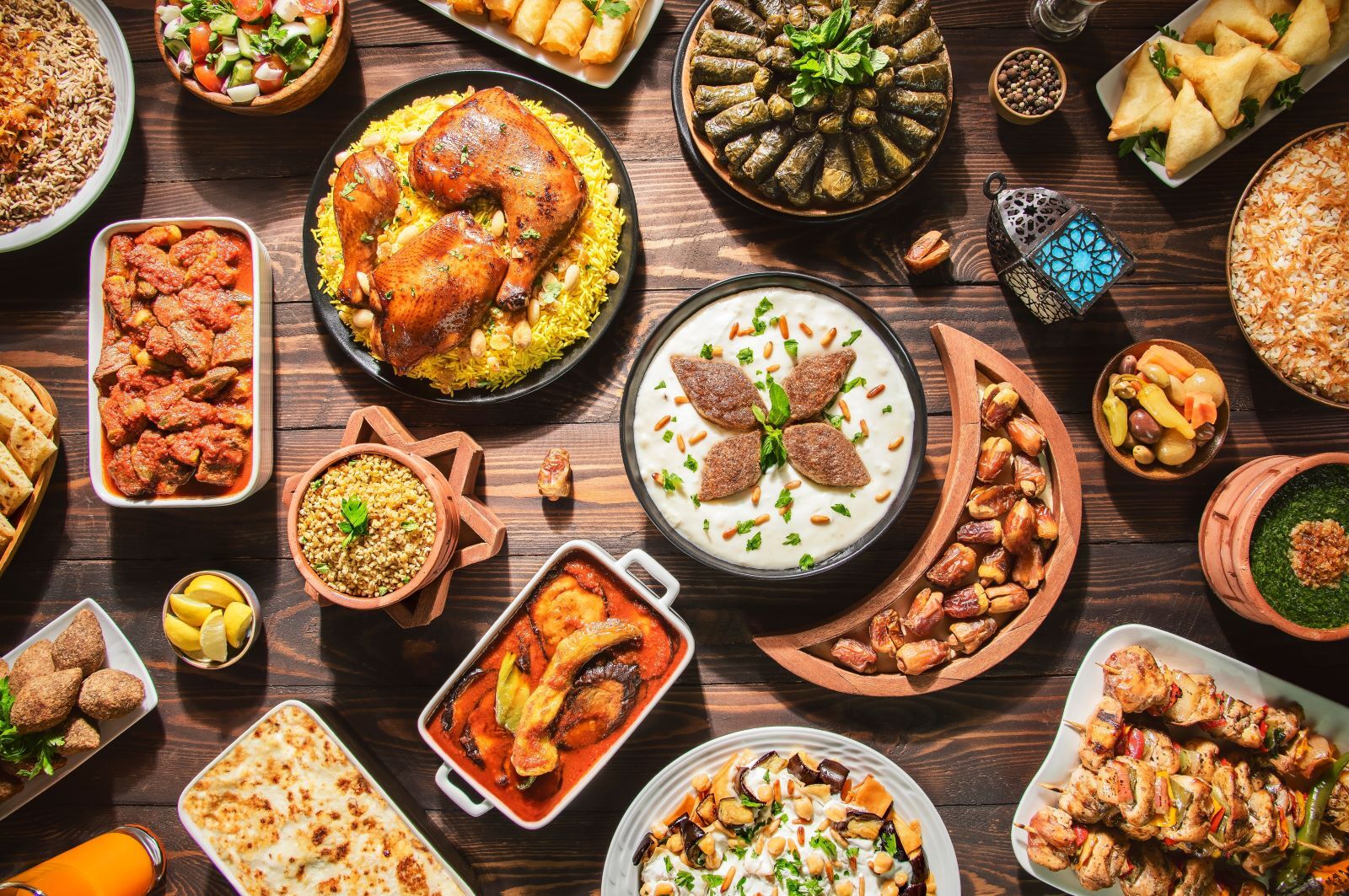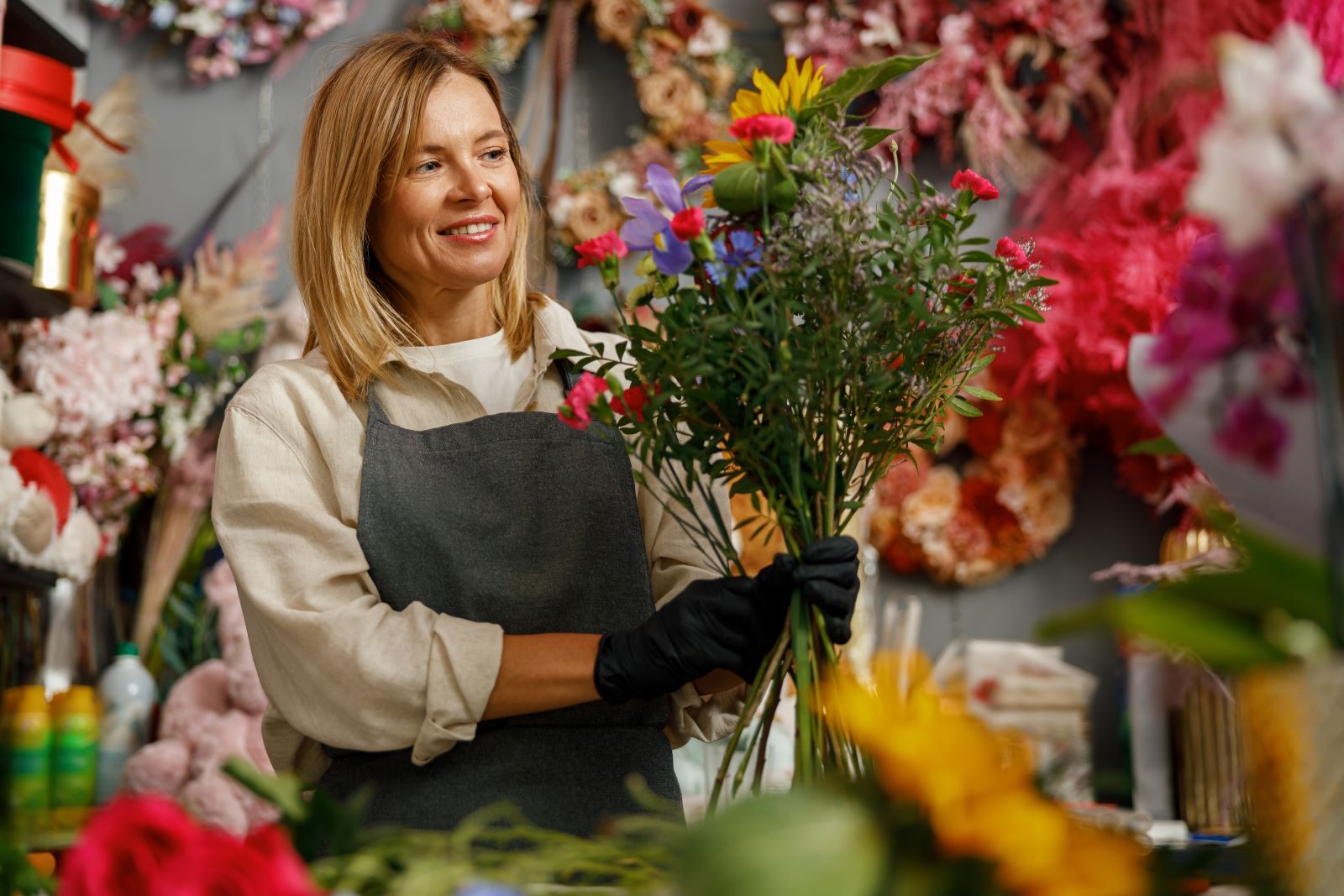Family-Friendly Neighbourhoods in Abu Dhabi
Abu Dhabi plans its neighbourhoods around families. The city's population reached 4.1 million residents in 2024, a 7.5% jump from the previous year, driven largely by families choosing the capital for its long-term stability and planning-led growth.
Over 350 schools operate across the emirate, offering curricula that include British, American, IB, and Indian education. The Abu Dhabi Department of Education & Knowledge oversees private schools through its Irtiqaa inspection framework, which maintains consistent quality standards. Certain neighbourhoods have become clear choices for family living, from established central districts to newer suburban developments.

Saadiyat Island
Saadiyat Island brings together culture and family life. The Louvre Abu Dhabi and some of the city's best beaches sit on this island, alongside growing education infrastructure. Cranleigh Abu Dhabi (British curriculum), opened in 2014, now educates over 2,000 students from Foundation Stage to Year 13. American and IB schools are in development, adding to what has become one of Abu Dhabi's most varied education offerings.
Saadiyat Beach Villas and Hidd Al Saadiyat provide coastal family homes with generous interiors, private gardens, and access to several kilometres of protected coastline. Some villa clusters sit within easy cycling distance of both Soul Beach and Cranleigh's campus. Families split weekends between the Louvre's children's programmes, beach clubs, and community play areas.
Properties here sit at the premium end of Abu Dhabi's market. The single bridge connecting Saadiyat to the mainland can cause significant delays during morning and evening peak hours.
Khalifa City
Space matters most to some families, and Khalifa City delivers. Villas here offer generous plots by city standards, often with traditional majlis rooms, shaded terraces, and layouts designed for multi-generational living.
Al Raha International School (British curriculum, over 1,500 students), Raha British School, and GEMS American Academy all operate in the area, along with numerous nurseries and early years centres. Healthcare facilities include NMC Royal Hospital, removing the need for trips into the city centre. Community parks and Gardens Plaza shopping centre are distributed throughout.
The trade-off is location. Khalifa City feels suburban, with no beach access and fewer leisure options, but its calm, residential rhythm appeals to families who prefer space over spectacle.
Yas Island
Theme parks, Formula 1, Waterparks – Yas Island has it all and it's also developed into a residential area where families not only intentionally choose to live but also get a sense of belonging.
Yas Acres and Noya Viva were designed around family needs: landscaped parks, cycle paths, and Yas Mall a short drive or walk away, depending on the community. SABIS International School Yas Island (American curriculum) and Yas American Academy both operate here, keeping commutes short for most families.
Weekends mean golf at Yas Links one day, Yas Waterworld the next, or just regular errands without leaving the island. Parents who want leisure options immediately accessible find Yas works well. Morning school runs often overlap with golf carts and cyclists, a reminder that Yas still functions more like a resort than a suburb.
The concentration of attractions brings traffic congestion at times, particularly when Formula 1 or concerts draw crowds. Residential areas stay quieter, but getting on and off the island can slow down during events.
Al Raha and Al Reef
Al Raha Gardens and Al Reef Villas are two of Abu Dhabi's long-standing family neighbourhoods, both developed by Aldar Properties. Al Raha Gardens covers over 600,000 square metres with more than 1,400 villas and townhouses. Al Reef comprises around 2,300 villas across four clusters. The communities feature numerous play areas scattered among gardens.
Al Raha International School operates within Al Raha Gardens, whilst Al Yasmina Academy (British curriculum) is located in Khalifa City. Al Raha Mall, which opened in 2007 with roughly 100 retail shops and a 2-screen cinema, also includes an indoor kids' play centre (Orange Wheels). Together, these elements give Al Raha and Al Reef a lived-in character: established, amenity-rich, and grounded in day-to-day family needs.
The airport sits under fifteen minutes by car, making these communities practical for families who travel frequently or work in aviation. Prices remain typically below Saadiyat or Yas equivalents, though the gap has steadily narrowed as demand from long-term residents continues to rise.
Al Reem Island
Most family conversations in Abu Dhabi focus on villas, but Al Reem Island proves apartment living works just as well. Communities integrate sky-pod pools, shaded play decks positioned more than twenty floors up, and family lounges high above the city. Below, Reem Central Park's million-square-foot expanse provides jogging paths, splash pads, and cafés to the waterfront, giving families open space without the need to leave the island.
Repton School operates a campus in Al Reem, and Cleveland Clinic Abu Dhabi, one of the region's top hospitals, is just across the bridge on Al Maryah Island, making healthcare access straightforward.
The lifestyle trades private gardens for shared facilities and car journeys for walkability. Families comfortable with apartment living who want proximity to the business district find Al Reem delivers both. It's particularly popular with younger families and professionals who value staying central rather than moving to the suburbs, especially those relocating from cities like London, Singapore, or Hong Kong, where high-rise family living is already normalised.
A City Built to Last
Abu Dhabi’s family neighbourhoods were developed with permanence in mind — schools, clinics, and parks integrated from the outset. This philosophy stems from Plan Abu Dhabi 2030, the city’s long-term urban framework, which set out to create liveable communities where essential amenities are within a ten-minute reach of every home.
That foresight shows in quality-of-life rankings: Abu Dhabi consistently rates among the world’s safest cities and sits in the global top twenty for healthcare access and infrastructure. For families, that translates into stability — not just in housing, but in lifestyle.
Each area offers its own balance of culture, space, and pace — and families tend to settle best once they understand which of those matters most. Nearly 90% of the city’s residents are expatriates, and recent residency reforms, including long-term and Golden Visas, have turned what were once transient neighbourhoods into enduring communities.
Families who understand which trade-offs align with their long-term needs tend to settle successfully — and in a region where little stays constant, that kind of certainty has become its own appeal.



